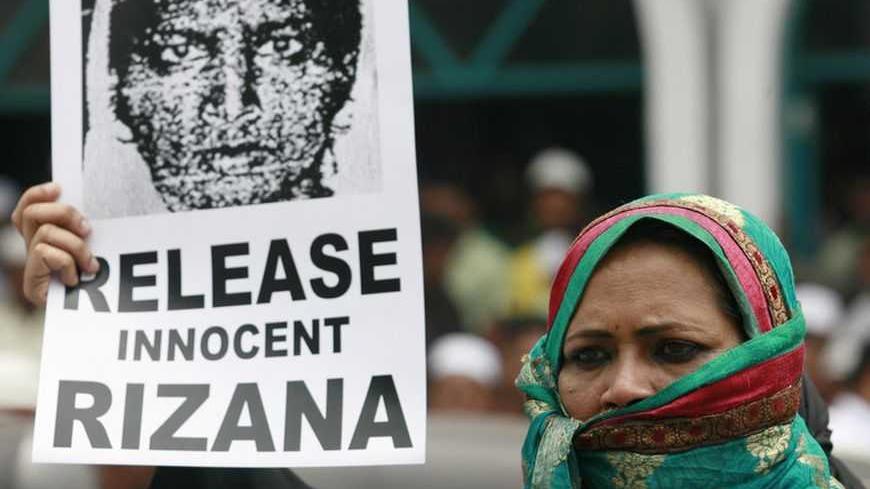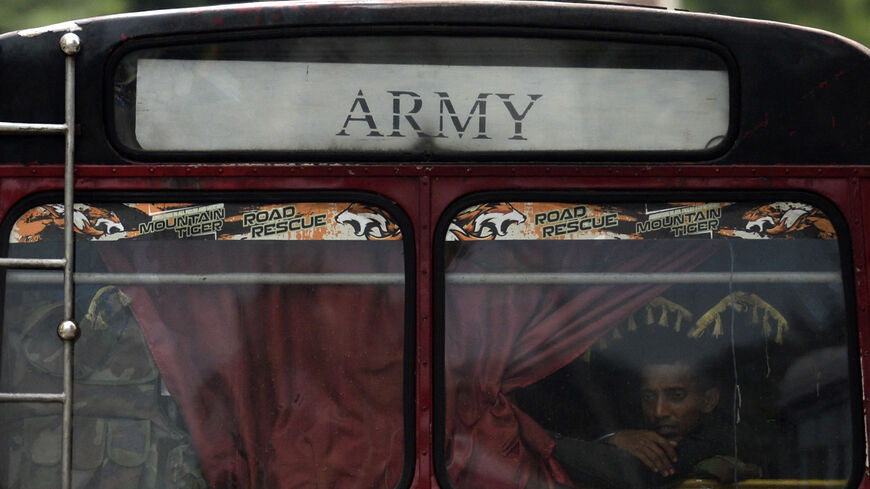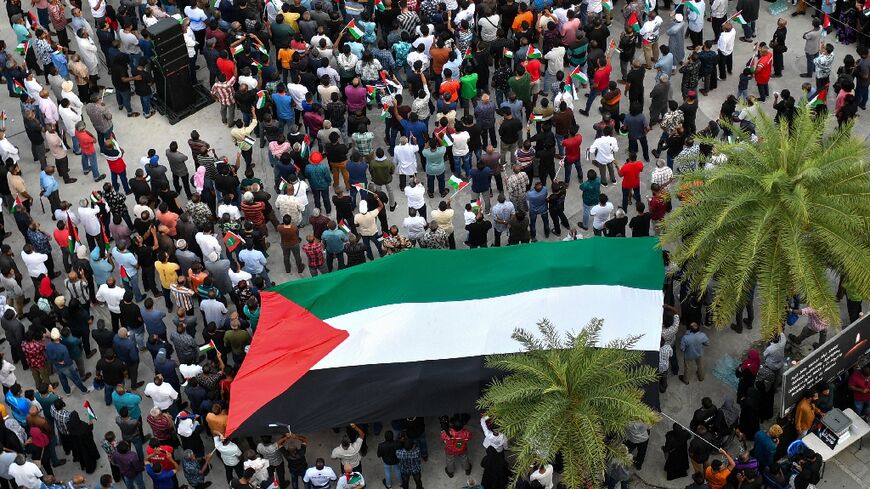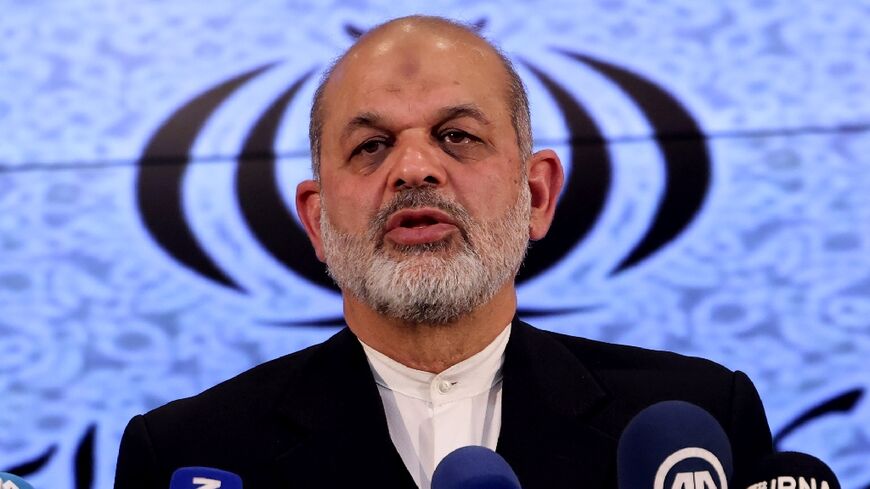Sri Lanka arrests 3 men in plot to attack Israeli-run Jewish center: What we know
Three Sri Lankan nationals were arrested on Thursday after Israel's National Security Council urged Israelis to leave certain areas of the country due to "credible terrorism threats."

Sri Lankan police on Thursday arrested three nationals in connection with a planned attack on an Israeli-run Jewish community center in a popular tourist town on the country’s southeast coast.
Sri Lanka’s Minister of Public Security and Foreign Affairs Vijitha Herath said at a briefing on Thursday that the three suspects had been taken into custody and were being interrogated.
Sri Lankan newspaper Daily Mirror said that one of the three suspects arrested by the Terrorism Investigation Division was based in Iraq, citing Sri Lankan police sources.
The arrests come after a threat was reported on Wednesday in the Arugam Bay area, a predominantly Muslim town on Sri Lanka’s southeast coast. The threat reportedly targeted the Chabad House community center, according to Sri Lankan police spokesperson Nihal Thalduwa.
Thalduwa also said on Wednesday that tensions between tourists at Chabad House and Arugam Bay’s largely Muslim population had risen recently. The country has seen protests against Israel’s war in Gaza since it began last October.
Herath said Sri Lankan authorities were provided intelligence regarding a potential attack on Israeli tourists earlier this month.
Following the threat, Sri Lanka deployed troops and increased police patrols around the Chabad House in Arugam Bay and others across the country.
On Wednesday, Israel’s National Security Council urged Israelis to leave the popular tourist area of Arugam Bay, as well as the south and west coastal areas of Sri Lanka, due to “credible terrorism threats.” The US Embassy in Sri Lanka issued a similar security alert.
Herath said on Thursday that there are currently around 575 Israeli nationals in Sri Lanka.
While Israeli nationals made up less than 1.5% of the 1.5 million tourists who visited Sri Lanka in the first nine months of 2024 — roughly around 20,000 people, according to Agence France-Presse — Arugam Bay in particular is a hot spot for Israeli tourists.
Sri Lanka hasn’t seen a terrorist attack since 2019, when 269 people were killed in a series of bombings on churches and hotels on Easter Sunday coordinated by a local jihad group known as National Thowheeth Jama'ath (National Monotheism Organization). Tourism, which accounts for a major portion of Sri Lanka’s gross domestic product and is its third-largest source of foreign income after exports and private remittances, took a dive after the 2019 attack and suffered again in 2022 when the country faced a major economic crisis.
Sri Lanka, still recovering economically from the crisis with the help of an International Monetary Fund bailout, is looking to keep its tourism numbers high. After the threat, Sri Lankan police announced on Thursday that, along with intelligence agencies, it is developing “a plan to protect tourists and resorts."
Though details of the plan were not released, the police announced a hotline dedicated to assisting Israeli tourists in the country during emergencies.
The government of the Maldives, a neighboring island country, has taken a vastly different approach than Sri Lanka, announcing in June that it would ban Israelis from the country entirely. The predominantly Muslim population of the Maldives has expressed anger over the war in Gaza, a stance seen in its government as well. Maldives President Mohamed Muizzu told the UN in September that “the genocide by Israel in Gaza is a travesty of justice.”





